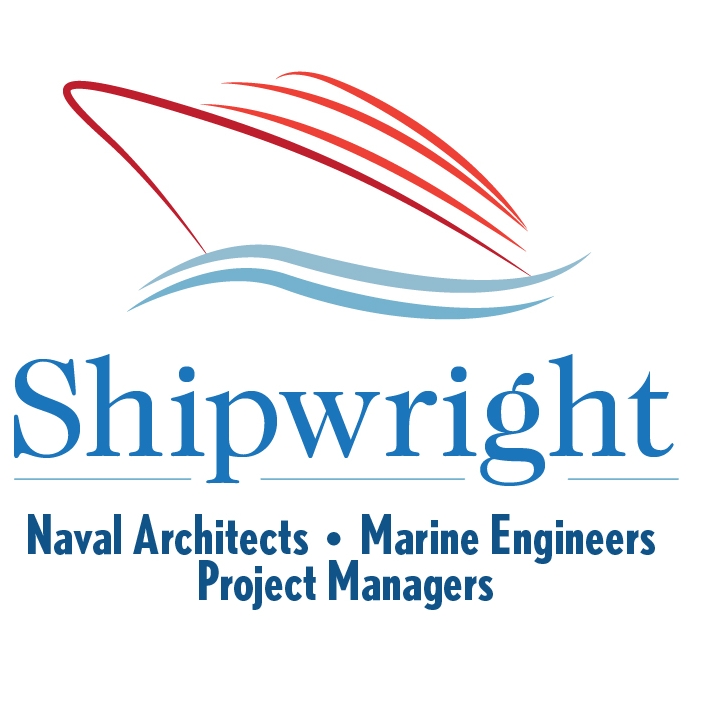Shipwright is very knowledgeable on Port State Control Verification Exams and can be a strong asset — ideally in long-lead planning for initial entry, and also for short-notice capability with real-time exam support.
Port State control, or PSC, is the exercise of the right of a port State, when granting permission to a foreign flagged ship to enter a port of the port State, to inspect the vessel to ensure that it meets international safety, pollution and other requirements.
Various international standards and conventions, such as the SOLAS Convention, MARPOL Convention, and the International Load Line Convention, have been enacted in order to promote the safety of life and property at sea and to protect the marine environment with respect to oceangoing ships. Although the flag State and owner of a ship have fundamental responsibility for ensuring that these requirements are implemented, supervision by the flag State is many times insufficient. There is also often a lack of adequate competence and experience on the part of ship crews and others that can all too often have an adverse impact on safety, as well.
PSC has been established as a means of proactively complementing the role of flag States with the primary aims of improving ship safety and eliminating substandard ships. This consists of conducting inspections of various aspects of a ship once it has arrived in port, including the safety of life and property onboard the ship, prevention of pollution by the ship, and the living and working conditions onboard the ship.
A PSC inspection typically consists of a check of the documents and certificates onboard ship combined with a condition survey of the vessel. However, a more detailed survey is carried out if there are “clear grounds” for such, as when deficiencies are found in the ship's compliance with mandatory international requirements, or there is some question as to the safety condition of the vessel. If serious deficiencies are found affecting safety as a result of the inspection, the ship is detained and the captain is instructed to rectify the deficiencies before departure. In the event that the deficiencies are not rectified or no suitable plan is presented for rectifying them, the ship will be prohibited from leaving the port.


